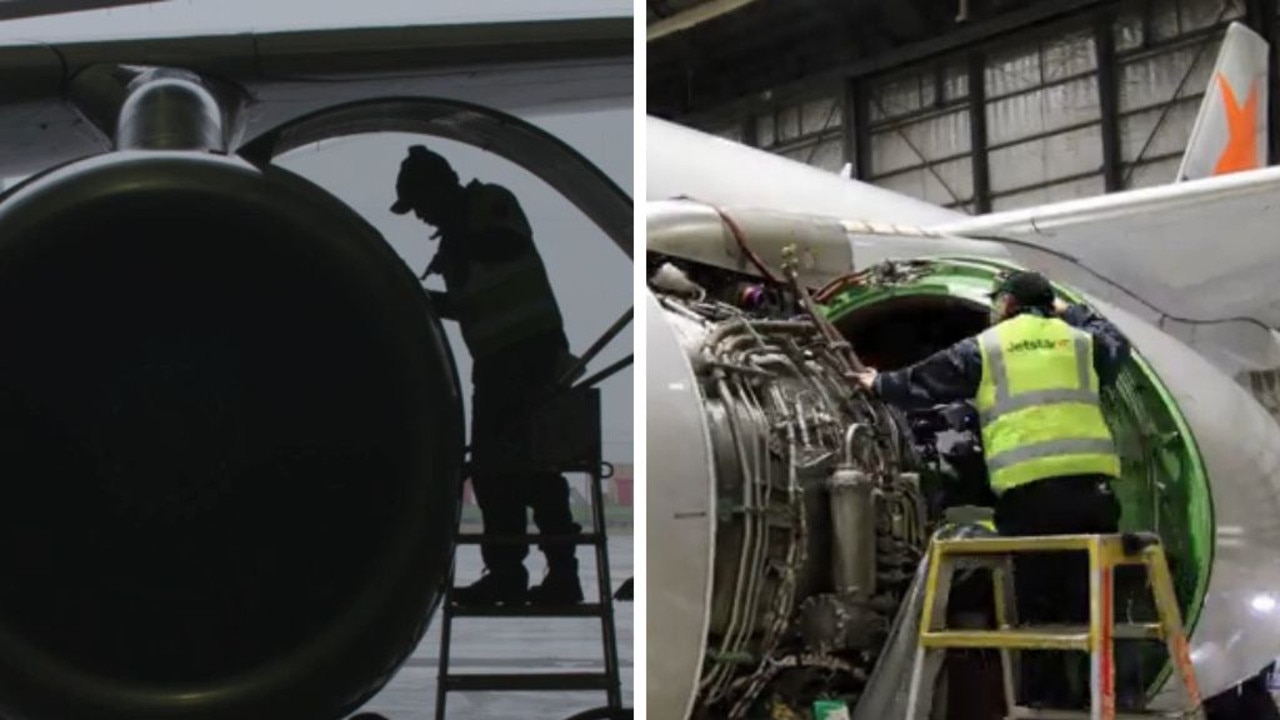State border closures slammed - but show no signs of changing despite vaccination program
State border closures are creating turmoil in the Australian community - but show no signs of changing despite the vaccination program.
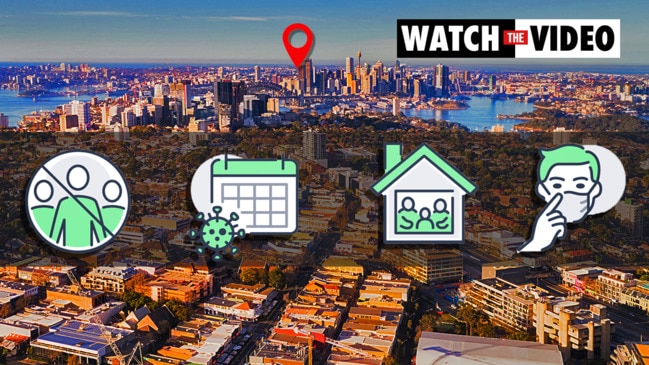
Many Australians are being held hostage to state border closures, with one frustrated expert saying the current situation is a “mess” that is sending contrary messages about vaccination.
Despite growing rates of vaccination, some states are still rushing to close their borders after the emergence of a number of new Covid-19 cases in Victoria and New South Wales.
“(So far) we haven’t been able to reach consensus on how borders are managed. It’s a mess,” Deakin University epidemiologist Professor Catherine Bennett told news.com.au.
“Every state response is different.
“How can it be that if all decisions are evidence based … (but) we are all doing it differently?
“It just means there’s different levels of risk tolerance.”
While Prof Bennett acknowledged there were different populations and challenges for each state, how authorities responded to travellers shouldn’t be different.
“The whole country has been left in turmoil at the moment — do we travel for school holidays or not?” she said.
“Some states relax restrictions sooner than others and you have no way of knowing what’s going to happen.
“I think that’s really difficult for people but also, we as experts can’t make sense of it either, and we can’t see how it relates to measurable risk in any consistent way.”
Prof Bennett pointed out that states like Queensland and Western Australia often introduced higher levels of restrictions for returning travellers than those actually set in states grappling with outbreaks, and some of these decisions were actually putting people at higher risk of getting covid.
RELATED: Border rules create chaos ahead of school holidays
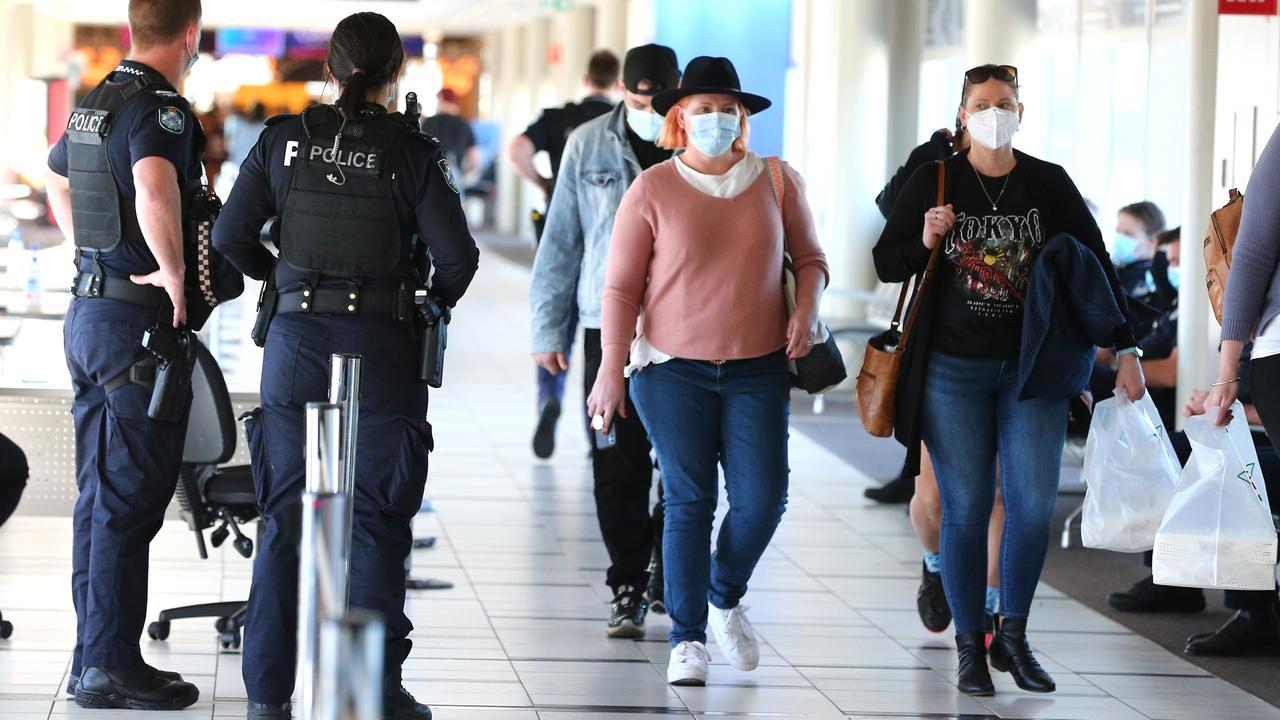
RELATED: Why Australia’s covid recovery could take a long time
For example, Queensland recently forced anyone who had visited Melbourne’s Highpoint shopping centre — where a positive case went shopping for about one hour on May 20 — to go into hotel quarantine.
In contrast, Victorian authorities only asked those who had visited the centre to get tested for covid and isolate at home.
Prof Bennett said forcing people to go into hotel quarantine in Queensland was actually putting them at greater risk of catching Covid-19, as travellers were more likely to have the virus than those in the Australian community.
They were also more likely to have more infectious variants.
There have been more than 20 covid breaches in hotel quarantine, including a recent breach in Queensland that saw two guests infected on different floors.
Figures between October and April, collected by data analyst and founder of COVID Live, Anthony Macali, showed covid breaches in around one in 8000 arrivals in hotel quarantine.
But Prof Bennett said the chance of a casual contact getting the virus at Highpoint was close to zero, and so far no cases had been identified there.
“You are putting people more at risk if you put them in hotel quarantine — 0.5 per cent of people have the virus in hotel quarantine,” Prof Bennett said.
In the case of an outbreak, Prof Bennett said people should be able to predict, once a state assessed its own level of risk and introduced restrictions, how other states would respond.
“I do think it’s reckless to behave differently to states that are actually managing the outbreak,” she said.
“They’re in the best position to make the call on what the risk level is.”
She also believes there should be a central decision making body made up of state and federal representatives, as well as an Australian Health Protection Principal Committee (which includes the chief health officers for each state), to make border decisions.
“(Each state) can contribute to the decision but then they have to go with the majority,” she said.
“An evidence based approach applied consistently across the state, deployed through AHPPC and National Cabinet, that’s absolutely what we need.”
‘We’ve lost sight of what risk really is’
Vaccination should also be making Australians more safe and lowering the risks, but Prof Bennett said the handling of certain individuals highlighted that some states had not got the balance right.
Prof Bennett said she was frustrated by the treatment of the son of a dying Queensland man, who had been denied a quarantine exemption despite being fully vaccinated.
The man and his wife offered to charter a private plane to fly into the Gold Coast and wear Hazmat suits in order to see the man’s elderly father before going into 14 days of quarantine, however, their request was denied.
“This is just the last straw, it indicates we’ve lost sight here of what risk really is,” Prof Bennett said.
RELATED: The one thing that would lock down Sydney
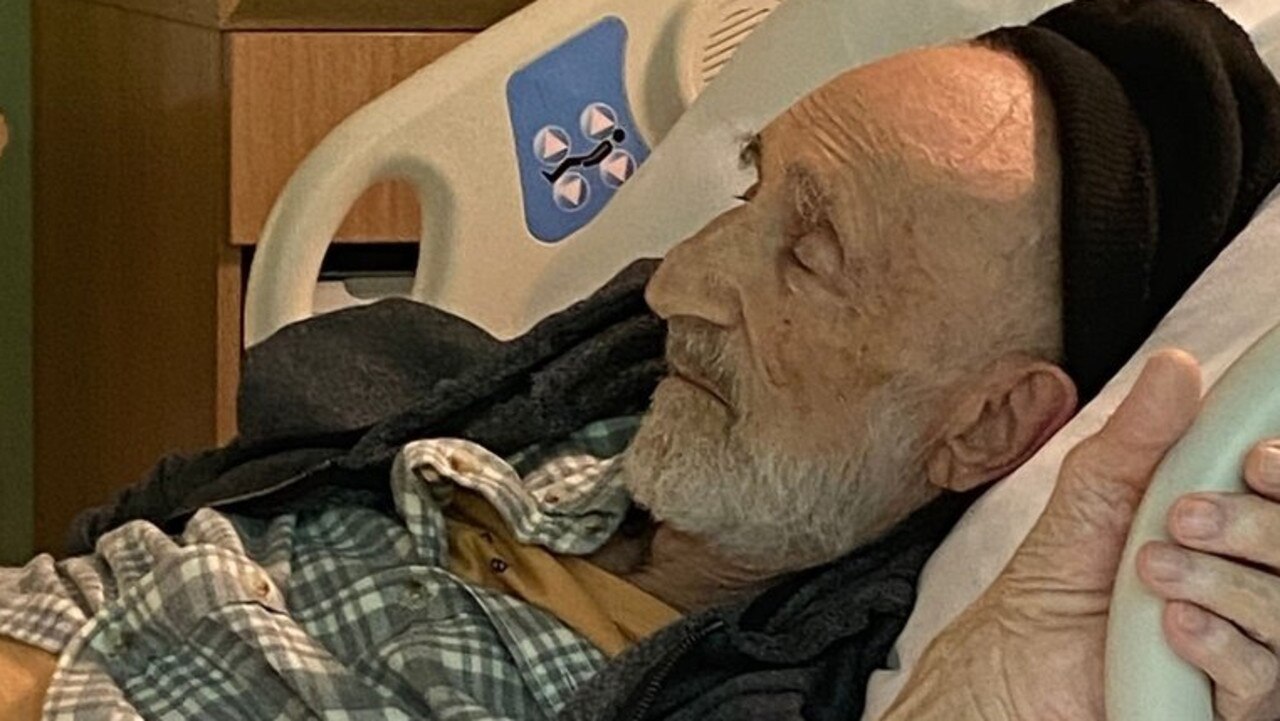
Prof Bennett said risk assessment should allow authorities to be humane and safe at the same time, noting that the couple had been vaccinated and tested negative to covid several times.
“To hold them at the border isn’t right, we haven’t got the balance right on managing risk in extenuating circumstances,” she said.
“Someone having a vaccine dose should help us to do that (manage the risk) and if it doesn’t then this undermines the message about vaccines.”
In another example, a couple whose baby was born prematurely while in quarantine in Queensland was also separated from their child despite being fully vaccinated and testing negative several times.
Vaccination should be taken into consideration
While Prof Bennett acknowledged that not everyone was able to access a vaccination yet, someone’s vaccination status should still be considered as part of their risk assessment.
“You are less likely to be infected, and you’re less infectious if you do get infected, and this is true even a few weeks after your first dose,” Prof Bennett said.
Prof Bennett said authorities should take this into consideration.
For example, if someone was vaccinated, rather than quarantining for 14 days, they may be able to just have a covid test. If this came back negative they may not need to isolate.
“You can gradually implement changes that recognise the protection that people get and that motivates people to get vaccinated,” she said.
She said this approach would not only act as a “reward” but also confirmed the reduced risk of getting covid in those who had been vaccinated.
“We’ve got to move down this path otherwise it’s sending contrary messages either about the actual risk … or the individual benefits of being vaccinated,” she said.
RELATED: Why has the advice on AstraZeneca changed?
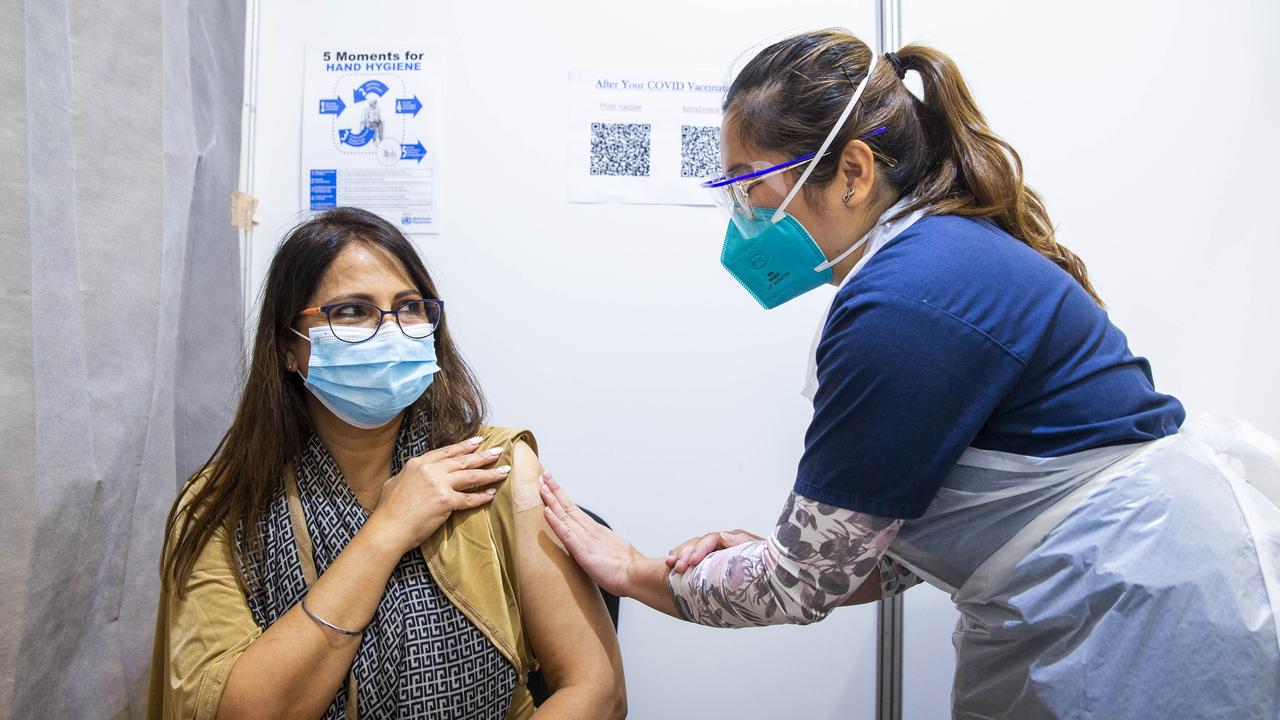
‘We don’t want to have a divided world’
Prof Bennett said authorities should provide some guidance into what gradual changes people could look forward to once they are vaccinated, including a timeline of how this would be rolled out.
“Give people goals and something they can strive for,” she said.
If getting vaccinated does not make any difference to whether people can come into Australia or travel to other states, some people many not bother to get the jab.
“If it’s not helping authorities here, that’s confusing to people,” Prof Bennett said.
She said if most of the population was vaccinated, this would also provide protection to others who couldn’t get it for health or other reasons, due to herd immunity.
“We don’t want to have a divided world, between those who get vaccinated and those who can’t get it,” she said.
“Ultimately someone who can’t be vaccinated shouldn’t be penalised.”
However, if not enough people were vaccinated, then this could create a world where someone’s vaccination status would determine what they are allowed to do.
“To prevent that happening, we need to get enough people vaccinated so that no longer happens,” she said.
charis.chang@news.com.au | @charischang2


